
Dubai International Airport (DXB) has made an exceptionally strong start to 2025, welcoming 23.4 million passengers in the first quarter-an increase of 1.5% compared to the same period last year, even as 2024 had already set new records.
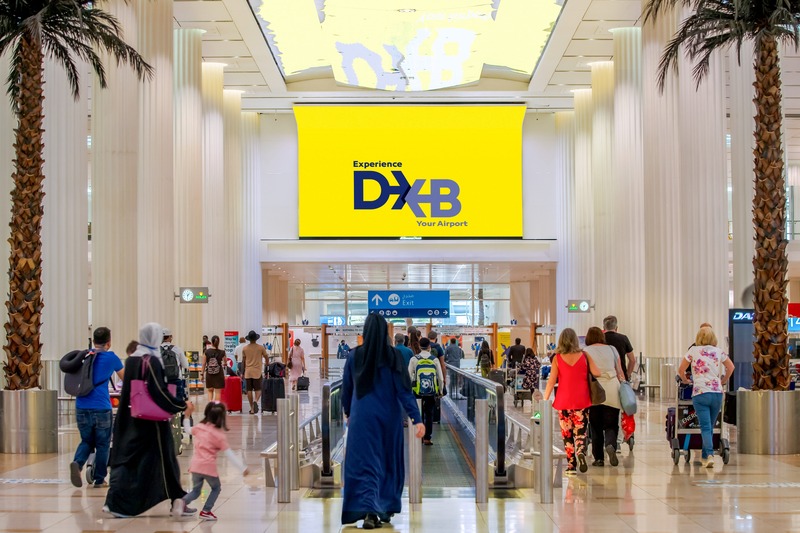
This robust performance further cements DXB’s status as the world’s busiest international airport for the 11th consecutive year, according to Airports Council International. The airport’s remarkable growth is attributed to a combination of Dubai’s surging tourism appeal, efficient operations, and the city’s position as a global aviation hub.
January 2025 marked a historic milestone for DXB, with 8.5 million passengers passing through its terminals-the highest monthly traffic ever recorded at the airport. This surge was driven by strong seasonal travel, including the Eid holidays and spring break, as well as Dubai’s growing reputation as a premier destination for both leisure and business travelers.
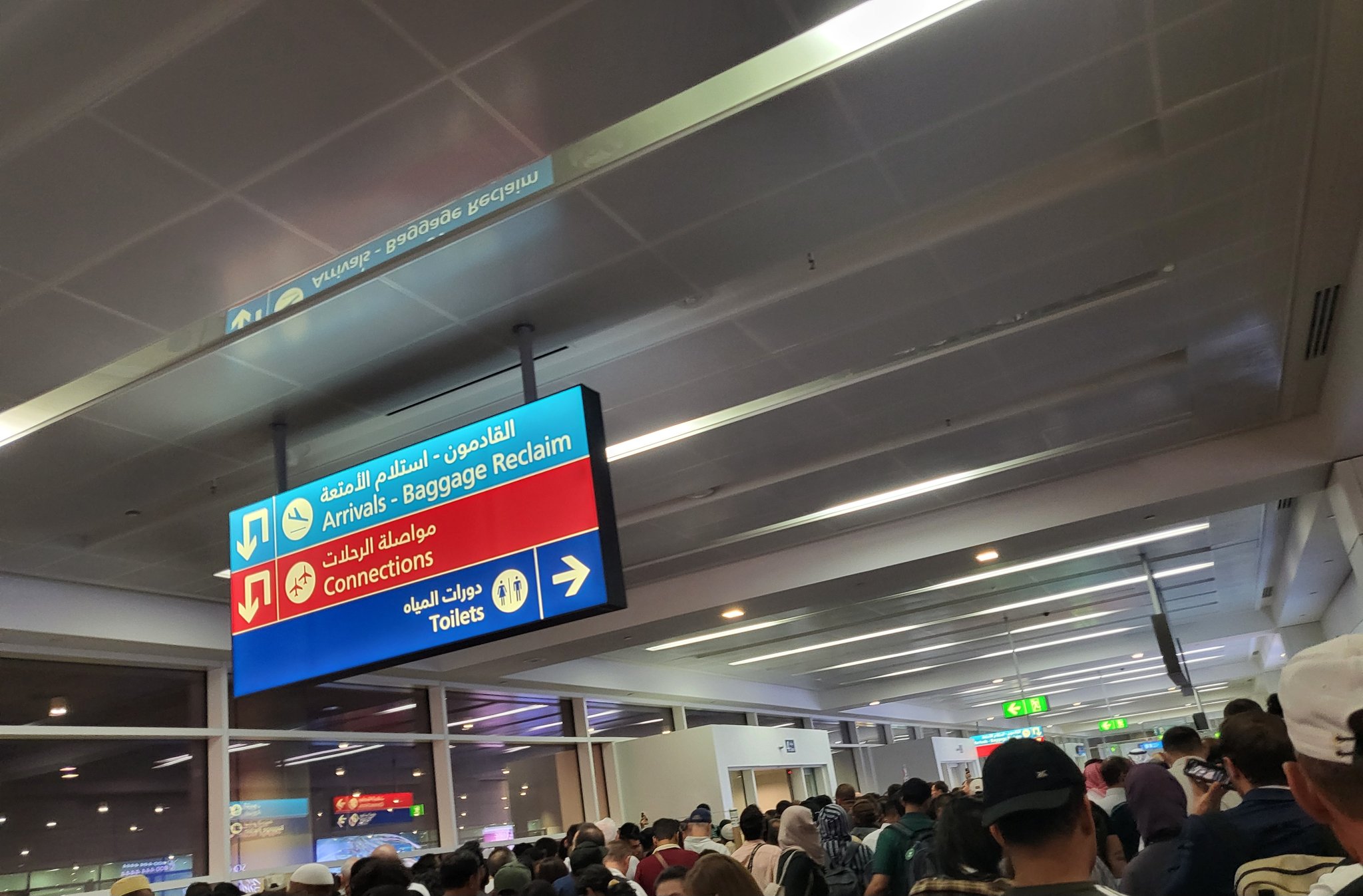
The airport’s connectivity is unparalleled: it currently serves 269 destinations across 106 countries, with 101 international carriers operating from its terminals.
India retained its position as the top source market, contributing 3 million passengers, followed by Saudi Arabia (1.9 million), the United Kingdom (1.5 million), Pakistan (1 million), the United States (804,000), and Germany (738,000). Among city pairs, London led with 935,000 passengers, followed by Riyadh (759,000), Jeddah (627,000), Mumbai (615,000), and New Delhi (564,000).
The growth in leisure travel was particularly notable, with double-digit increases in passenger traffic to destinations such as the Czech Republic (+30.6%), Vietnam (+28.6%), and Spain (+20.2%).
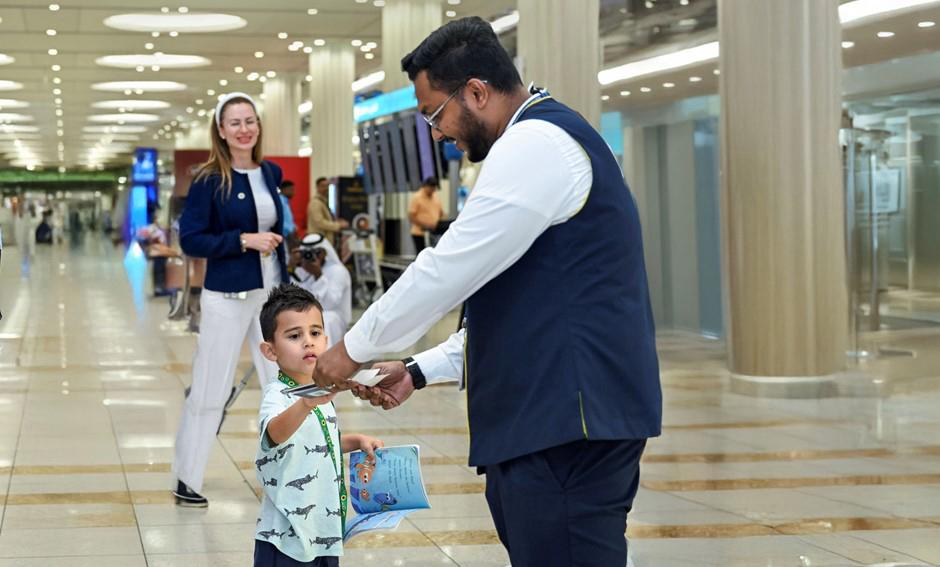
Operational efficiency remained a hallmark of DXB’s performance. The airport recorded 111,000 flight movements in Q1-a 1.9% year-on-year increase-with an average load of 215 passengers per flight. Over 21 million bags were processed, and the baggage mishandling rate was reduced to fewer than 1.95 bags per 1,000 passengers, translating to a 99.8% success rate.
The use of real-time monitoring, biometric passport control, and dedicated accessibility services for People of Determination and guests with hidden disabilities ensured that more than 95% of travelers experienced minimal wait times and high satisfaction.
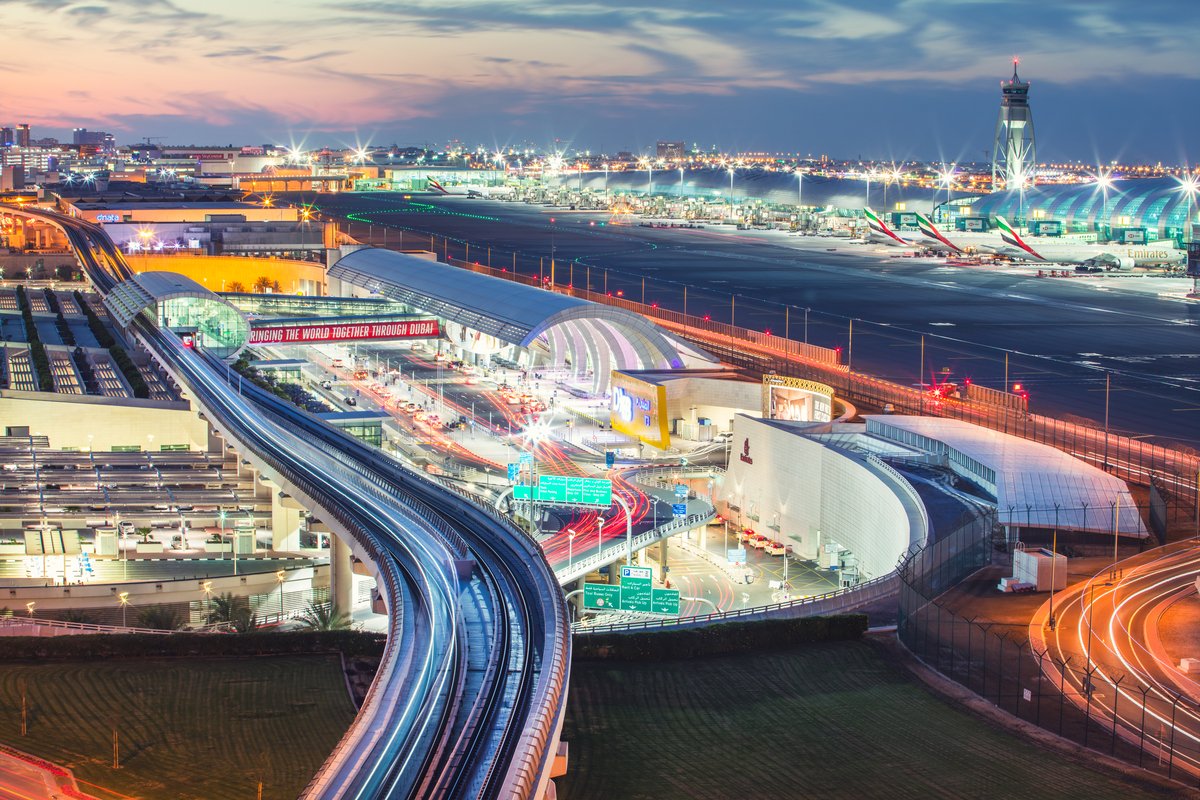
Despite the surge in passenger numbers, cargo volumes saw a slight contraction of 3.6% year-on-year, with 517,000 tonnes handled in the first quarter. Behind the scenes, the “oneDXB” community-comprising airport staff, airline partners, and government entities-was credited with delivering seamless operations and compassionate guest service.
Notable moments included the rapid recovery of AED 102,000 in lost property and the recognition of a compassionate gesture by an immigration officer, both praised publicly by Dubai’s leadership.
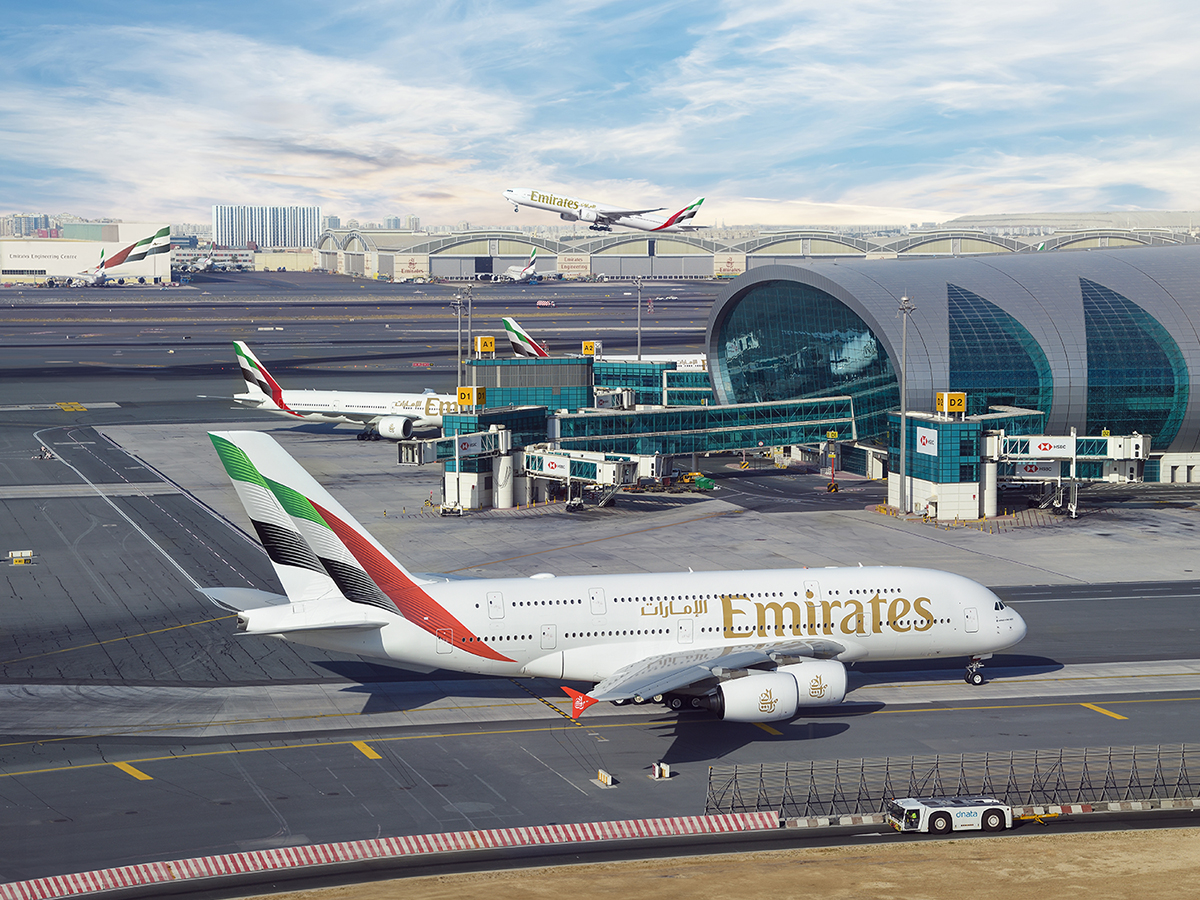
Paul Griffiths, CEO of Dubai Airports, highlighted the collective effort behind these achievements: “Delivering the busiest month in DXB’s history while maintaining exceptional service levels is no small feat. It’s our people-first culture and collaboration that set us apart”. He added that the Q1 performance sets a strong foundation for the year ahead, not only in guest numbers but in the caliber of service and teamwork across the airport community.
.jpg)
Awards such as the Gallup Exceptional Workplace Award further underscore DXB’s commitment to employee wellbeing, engagement, and leadership development, reinforcing the airport’s reputation as a global leader in both operational excellence and guest experience.



.jpg)



.jpg)


.jpg)

 (1).jpg)
.jpg)
.jpeg)



.jpg)
.jpg)


.jpg)



.jpg)


 – 14,763 feet (1).jpg)

.png)


.jpg)







.jpg)


.jpg)



.jpg)


.jpg)
.jpg)